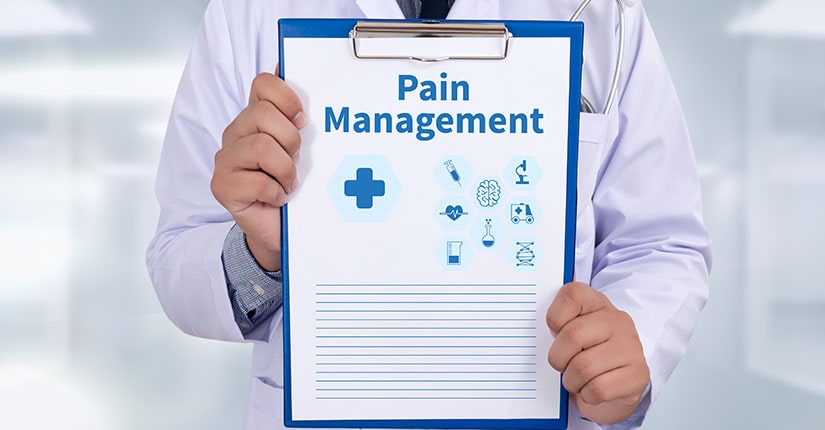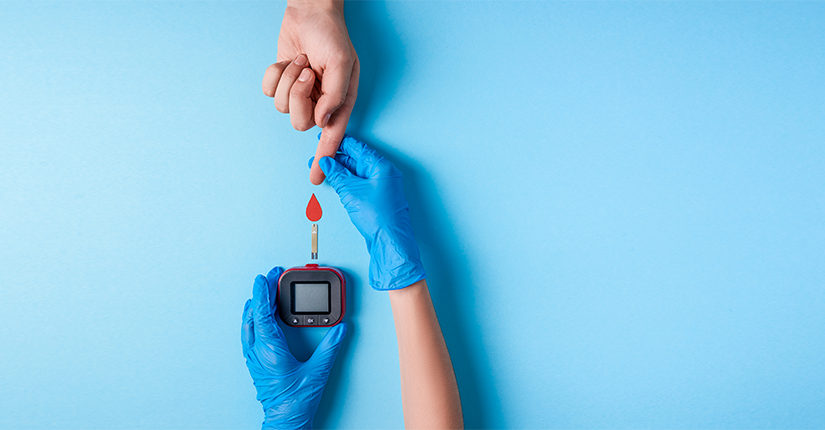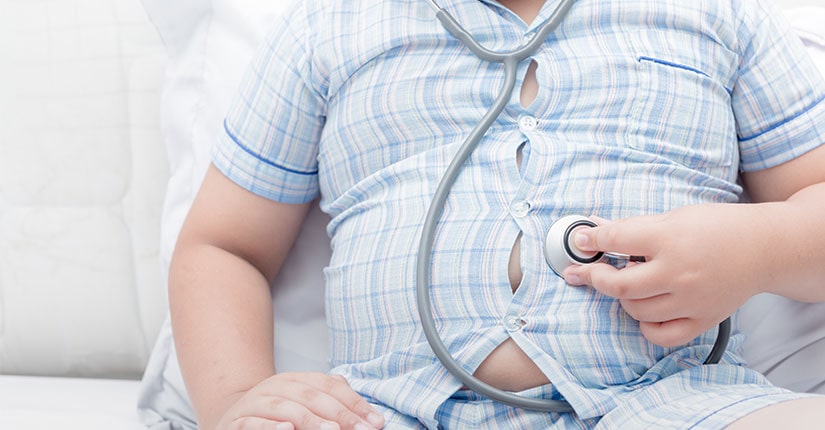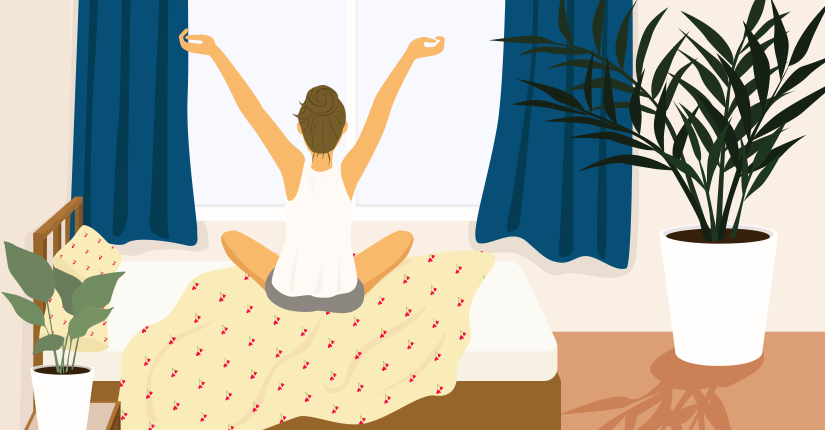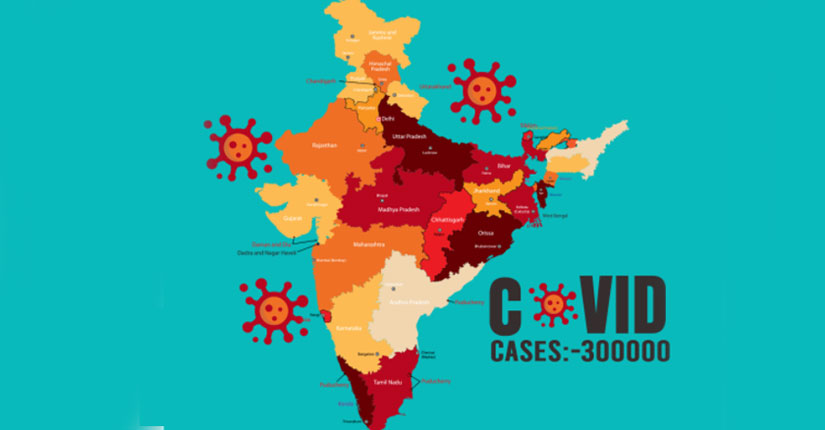5 signs to Notice in Your Body About Calcium Deficiency
By Nmami Agarwal 26-Nov 2020 Reading Time: 4 Mins
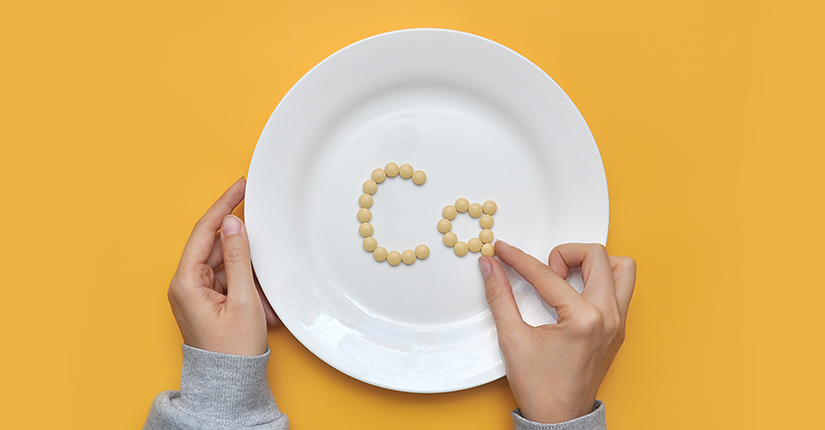
Calcium deficiency or hypocalcemia happens when the levels of calcium in the blood are low. A prolonged deficiency can lead to cataracts, osteoporosis, brittle nails, and dental changes. Many people are at risk of developing calcium deficiency, like individuals especially kids having a low calcium intake, medicines that can have an impact on the absorption of calcium, hormonal changes; especially in women, and genetics.
According to the National Institutes of Health(NIH) the daily allowances for calcium are:
- 1300 milligrams for children of 9-18 years.
- 1000 milligrams for children of 4-8 years.
- 700 milligrams for children of 1-3 years.
Women are required to increase their calcium intake earlier in life as compared to men. This is especially important when a woman reaches menopause, as the risk for developing osteoporosis increases.
5 signs that can indicate calcium deficiency are:
- Nail and skin conditions.
- Osteoporosis.
- Muscle spasms and cramps.
- Blood clotting.
- Menstrual cramps.
If you are deficient of calcium for a very long time, it would show up on your skin and nails. The skin can become itchy and dry. Some researchers have also linked the deficiency of calcium or hypocalcemia to skin conditions like eczema or psoriasis. Whereas, the nails become dry and brittle. A deficiency in calcium can also lead to alopecia, a condition that causes hair to fall out in round patches.
Osteoporosis is a condition in which the bone mass reduces, and they become more prone to fractures. It can cause pain, issues with posture, and even disability. The bones require calcium to stay strong. When the overall levels of calcium in the body are low, the body diverts it from the bones to other parts of the body. Making them more prone to injury.
One of the most common symptoms of calcium deficiency is muscle spasms and cramps. Calcium plays a vital role in regulating the contraction of the cardiac muscle. Calcium absence can lead the bones to carry out the muscular function which may further lead to arms and legs pain, spasms and cramps even while doing light physical exercises or activities.
Calcium and Vitamin K are an important nutrient for blood clotting and play an equal part in the blood clotting process. Calcium helps the body form clots along with Vitamin K and fibrinogen.
Calcium deficiency can escalate women’s menstrual distress. Research shows that Calcium supplementation for three menstrual cycles lowers the premenstrual syndrome symptom in a woman.
Over to you:
Calcium plays a crucial part in the proper functioning of the body as well as general being. To fulfil your calcium requirements try to include foods like beans, tofu, green leafy vegetables, nuts and seeds, figs, and fishes such as salmon, sardines, and tuna in your daily diet. You can also take calcium supplements in case you are unable to incorporate a sufficient amount of calcium-rich meal in your diet.

